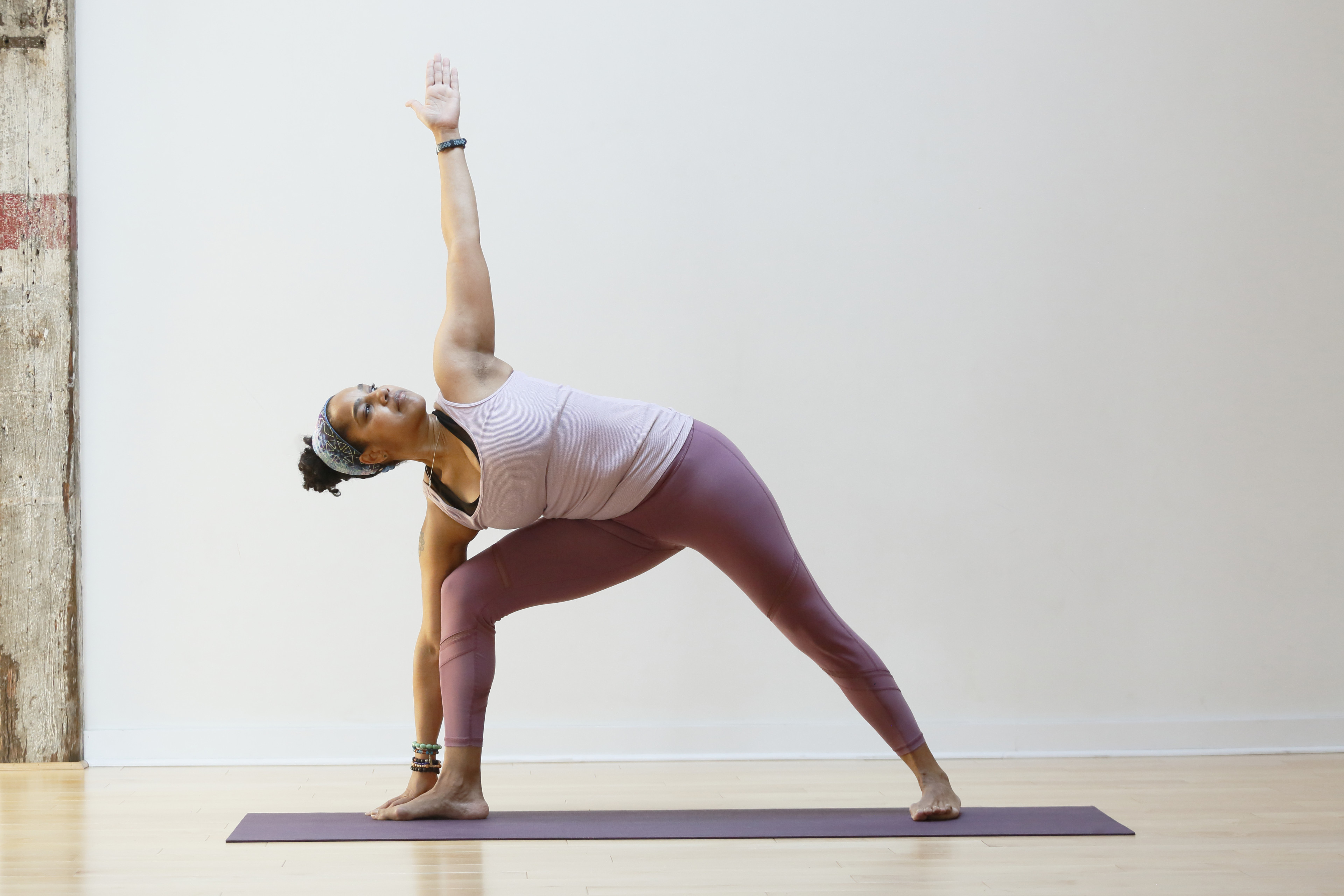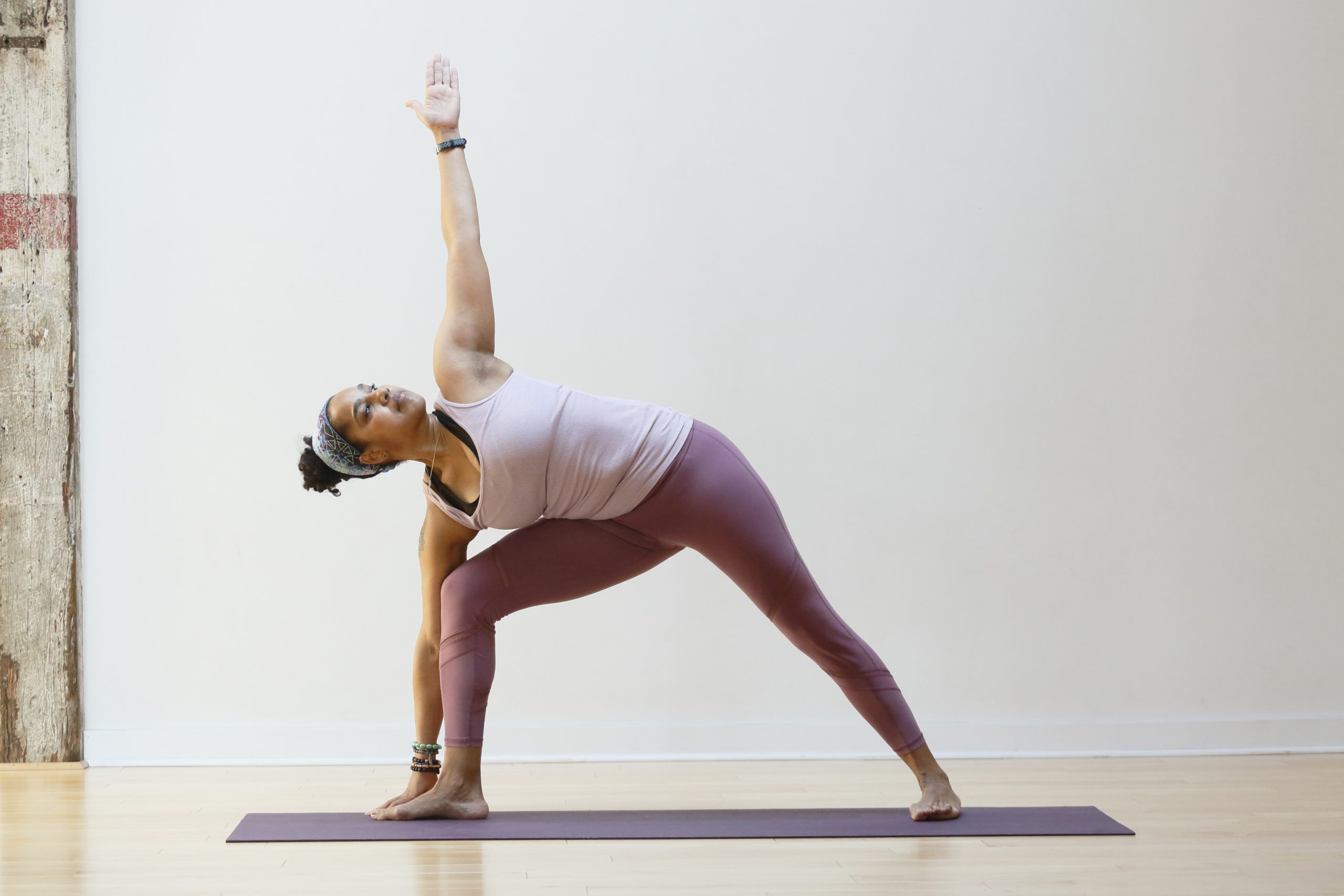
Ultimately, You Can Only Instruct What You Understand: Grasping the Depth of Your Yoga Teacher’s Practice
Whether you approach yoga to enhance flexibility, develop strength, alleviate stress, or delve into a spiritual journey, your experience is significantly influenced by the individual leading the class — your yoga instructor. The effectiveness, safety, and richness of your practice frequently hinge on what your teacher comprehends — and the extent of their understanding.
Your Yoga Instructor’s Training
Yoga has undergone considerable evolution since its roots in ancient India. As it traversed the globe, it began to encompass a vast array of styles. Nowadays, modern yoga includes everything from Ashtanga, Hatha, and Iyengar, to contemporary hybrids like power yoga, yogalates, acro yoga, and dance-infused Vinyasa. This varied landscape indicates that your yoga instructor’s foundational training plays a pivotal role in how and what they elucidate.
Initial certification programs — typically 200- or 500-hour teacher training courses — differ in comprehensive nature and emphasis. Some focus on classical traditions anchored in yogic philosophy, while others incorporate anatomy, physiology, and practical Western science into movement. Whether your instructor trained in India or at a nearby studio, their lineage and experiences ultimately shape their teaching perspective.
Your Yoga Instructor’s Broader Education
Numerous yoga instructors carry with them a diverse educational foundation beyond their practice. Some have pursued studies in nutrition, herbal medicine, physical therapy, Ayurveda, meditation, Taoist practices, or even psychology. These interdisciplinary insights equip teachers to provide more holistic guidance—addressing body, mind, and spirit in integrative ways.
Furthermore, the finest teachers are lifelong learners. They engage in ongoing education through specialized workshops, online courses, reading texts from various traditions, and studying under master yogis. This dedication to continual learning ensures they are perpetually progressing — and bringing that growth into their classrooms.
Your Yoga Instructor’s Personal Practice
Skilled yoga instructors don’t merely teach from manuals. They infuse each session with the wisdom of experience — both personal and professional. What a teacher practices in their personal time shapes how they cue poses, modify sequences, and nurture your journey.
Injuries, life shifts, emotional challenges, or spiritual awakenings often shape a teacher’s distinct viewpoint. A teacher who has endured chronic pain may provide modifications with empathy and insight. One who incorporates meditation into their daily routine could enhance their class with mindful breathing and philosophical insights. Personal practice becomes a reflection, enabling teachers to instruct from authenticity rather than rote memorization.
The Transmission of Knowledge
The adage “you can only teach what you know” holds particularly true in yoga. A teacher’s comprehension of anatomy, philosophy, and personal experiences forms the basis from which they guide others. It’s also beneficial to be inquisitive: Where did your instructor acquire their training? Who influenced their learning? What knowledge have they embraced?
This lineage of knowledge — from mentor to pupil — ensures that the teachings you receive are grounded in tradition, evolution, and depth. By understanding your instructor’s background, you gain insight into the source that may one day enrich your own practice.
Student Empowerment Through Teacher Awareness
Not every yoga instructor is identical, and that’s advantageous. However, as a student, it’s beneficial for you to understand not just what your instructor teaches — but the origins of their knowledge. Are they consistently enhancing their expertise? Do they study philosophy alongside movement? Do they merge science and spirituality?
By posing thoughtful questions and observing attentively, you empower yourself to connect more profoundly with both your instructor and the practice itself. After all, yoga transcends mere postures — it’s a journey toward awareness, growth, and transformation. Having a teacher who embodies those values significantly impacts your journey.
Conclusion: A Teacher as a Guide, Not a Guru
At the core of effective teaching is embodiment — living and practicing what one shares. The best yoga instructors are genuine learners, inspired practitioners, and mindful leaders. They don’t simply recite cues — they communicate from lived experience and integrated knowledge.
So, the next time you find yourself on your mat, contemplate the individual guiding your practice. Their journey, discipline, and insights shape your yoga experience in both visible and subtle ways. Because ultimately, you can only impart what you truly understand — and it’s that depth that makes all the difference.
Namaste.
